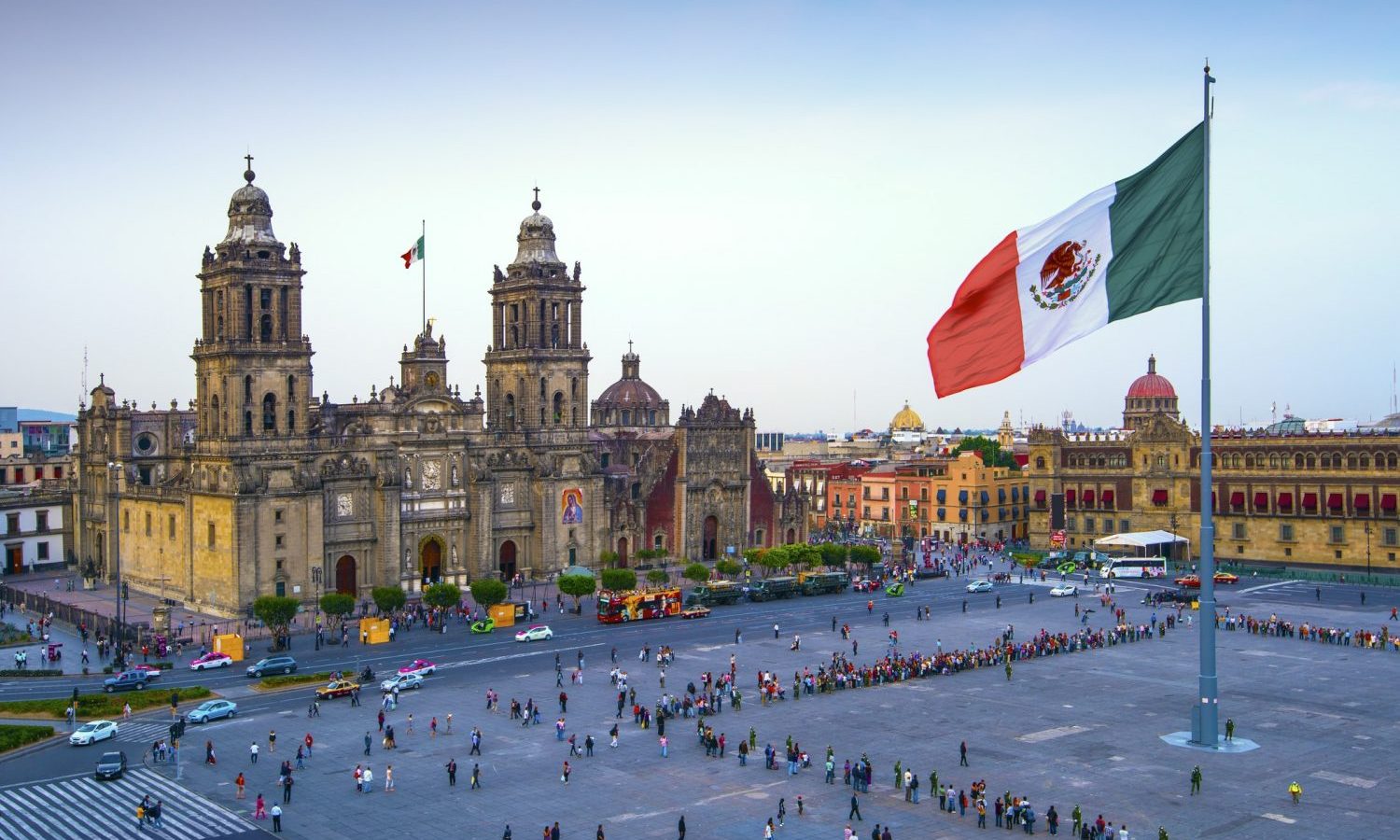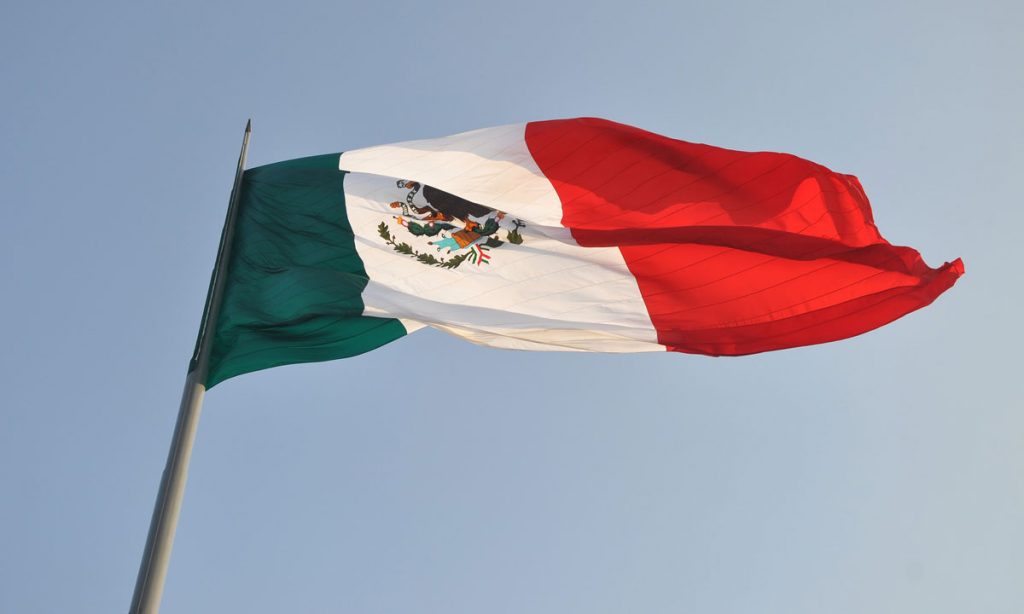
In a historic session yesterday afternoon, the Mexican Supreme Court voted to issue a General Declaration of Unconstitutionality (the “Declaration”) of the General Health Law’s prohibition on individual adult (recreational) cannabis use.
The Supreme Court vote followed the Mexican Senate’s failure to pass a Cannabis Law bill that would have regulated adult use, as we reported here. In 2018, the Mexican Supreme Court ruled that the federal statutory prohibition on recreational marijuana use was unconstitutional, and ordered Congress to legalize recreational use throughout Mexico within 90 days. The deadline was extended several times and the final extension expired on April 30, 2021.
In issuing the Declaration (which will be effective upon publication in the Federal Official Gazette and notification to the Ministry of Health — most notably COFEPRIS, the Federal Commission for Protection Against Health Risks) and both chambers of Mexico’s Congress, the Supreme Court Justices have expunged from the Mexican legal system the wording in the General Health Law providing that any cannabis-related activity should only be conducted for medical or scientific purposes.

What does the Declaration mean for consumers?
First, that activities related to individual adult use of cannabis are now fully legal nationwide. In other words, the individual right to grow and consume marijuana without affecting third parties is now officially recognized in Mexican law, formalizing existing jurisprudencia (binding court precedent).
RELATED: We Thought We’d Be Celebrating The Legalization Of Recreational Weed In Mexico — We Were Wrong
Second, COFEPRIS, which will continue to be the agency in charge of issuing individual adult use cannabis permits, has been directed to issue guidelines telling consumers how to procure seeds for themselves, apply for permits and conduct individual adult use activities.
Third, individual adult cannabis use is considered an exercise of “the right to the free development of one’s personality” (for what that means concerning cannabis use, see here), which in Mexico, following international practice, is deemed a human right.
Fourth, you will still need a permit to conduct individual adult cannabis use-related activities (i.e. growing and consuming marijuana without a permit will still be a crime). However, in order to have COFEPRIS entertain your application, you will no longer need to file an amparo action saying that the Court had already ruled that prohibition of individual adult use was unconstitutional.

Fifth, as previously, individual adult use does not include the right to import, purchase, sell or in any other way transfer ownership or distribute cannabis or THC. A permit shall only allow for growing, preparation, possession and transport of cannabis for individual (i.e. private) use. Any violation of this will result in revocation of the permit.
RELATED: Mexico Fails To Legalize Marijuana As Drug War Chaos Grows
Sixth, given that in our experience COFEPRIS either does not answer applications or outright rejects them, we foresee that amparo actions will still be needed to get individual adult use permits.
Seventh, because now individual adult use is officially recognized, individuals (or their lawyers) can force COFEPRIS to respond to applications or justify rejections by filing amparo actions that include a request to federal courts to allow individual activities pending a ruling-till now, you had to wait for a court ruling ordering COFEPRIS to act and obtain a permit to conduct any activity.
What does the Declaration mean for cannabis industry stakeholders?
The Declaration signals another step along the road to the comprehensive Cannabis Law we expected Congress to enact earlier this year. Though the Declaration issued by the Supreme Court limits adult cannabis use activities to individual consumers, those consumers will require seeds, accessories and more. Once COFEPRIS issues guidelines that provide a framework for individual cannabis use, industry stakeholders will be able to react.

With its Declaration of unconstitutionality, Mexico’s Supreme Court has renewed pressure on the Mexican Ministry of Health and both chambers of Congress to regulate cannabis, for the sake of legal certainty and public health policy.
Full legalization of cannabis cultivation and distribution is all but inevitable in Mexico, and as we have written recently, interested stakeholders understandably want to be prepared when the doors swing open. Go here for our suggested steps to ready your business for that day.
Adrián Cisneros Aguilar is an attorney at Harris Bricken and oversees the firm’ss Mexico practice, where he helps companies on US-Mexico cross border legal matters, including cannabis law matters, Latin American and European companies on China and International Law issues, and local companies with international and domestic business transactions.
This article originally appeared on Canna Law Blog and has been reposted with permission.





